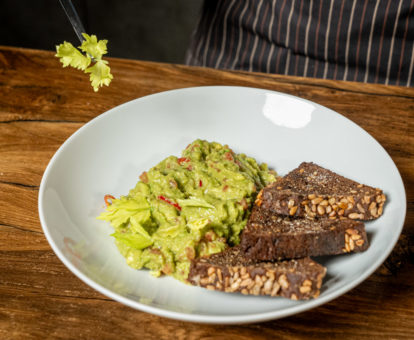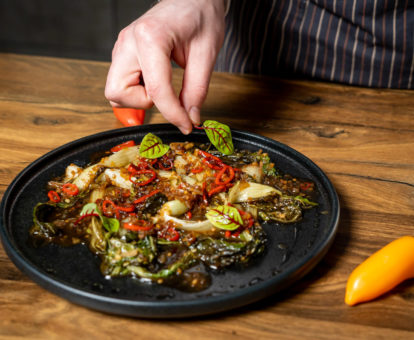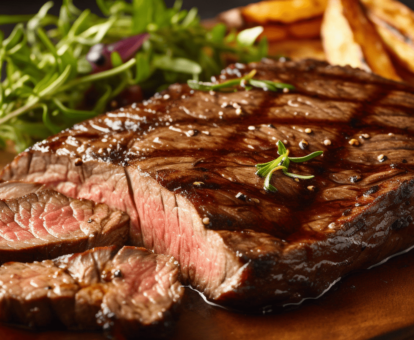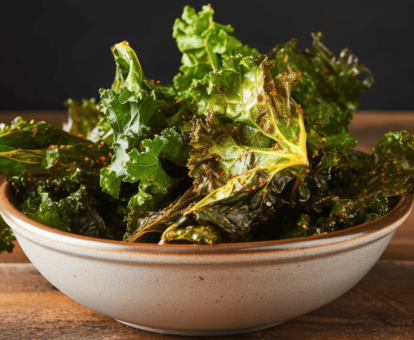24 hrs 5 mins
Vadim Rachok
24 hrs 5 mins
Vadim Rachok
2 weeks 5 mins
Vadim Rachok
3 hrs 15 mins
Vadim Rachok
1 hour 50 mins
Vadim Rachok
2 hours 5 mins
Vadim Rachok
Veganism is more than a diet; it's a lifestyle choice that excludes all animal products and by-products. This means no meat, dairy, eggs, or honey, focusing instead on plant-based foods for nourishment. The motivation behind adopting a vegan lifestyle varies from ethical concerns regarding animal rights to environmental sustainability and health benefits.
The Health Benefits of Veganism
A well-planned vegan diet is rich in essential nutrients, offering a plethora of health benefits. These include a lower risk of heart disease, hypertension, type 2 diabetes, and certain cancers. Vegans often report higher energy levels, improved digestion, and a more efficient metabolic rate.Who Should Consider a Vegan Diet?
Anyone looking to improve their health, reduce their environmental footprint, or take a stand against animal cruelty may consider a vegan diet. It's suitable for individuals at all stages of life, including children, pregnant women, and athletes, provided that the diet is well-planned to meet their nutritional needs.Identifying Plant-Based Alternatives
Transitioning to veganism involves finding plant-based substitutes for common animal products. Nutritional yeast, for example, can replace cheese, while tofu and legumes are excellent protein sources. Plant milks and vegan butter allow for easy swaps in recipes and meals.Nutritional Considerations in a Vegan Diet
Adopting a vegan diet requires attention to certain nutrients that are more readily available in animal products, such as vitamin B12, iron, calcium, and omega-3 fatty acids. Supplementation and a focus on fortified foods can help address these potential gaps.Vegan Meal Planning and Preparation
Successful veganism is rooted in thoughtful meal planning and preparation. Emphasizing variety ensures a wide range of nutrients are consumed. Staples include whole grains, nuts, seeds, legumes, fruits, and vegetables.Navigating Social Situations as a Vegan
Dining out and attending social gatherings as a vegan is manageable with some foresight and communication. Many restaurants offer vegan options, and bringing a vegan dish to share ensures you have something to eat at social events.Inspiring Vegan Recipes
A vegan diet doesn't mean sacrificing flavor or satisfaction. From rich, creamy pastas to decadent desserts, there are endless recipes to explore that showcase the diversity and deliciousness of plant-based eating.Conclusion: The Impact of Veganism
Veganism offers a path to living more ethically, sustainably, and healthily. While challenges exist, the benefits of a vegan lifestyle can be profound, influencing not just personal health but also broader environmental and ethical issues. I encourage anyone considering veganism to approach the transition with curiosity and openness. With proper planning and a spirit of exploration, a vegan diet can provide all the nutrients needed for a healthy, vibrant life. Embracing veganism is an opportunity to align your eating habits with your values, contributing to a more compassionate and sustainable world.

































